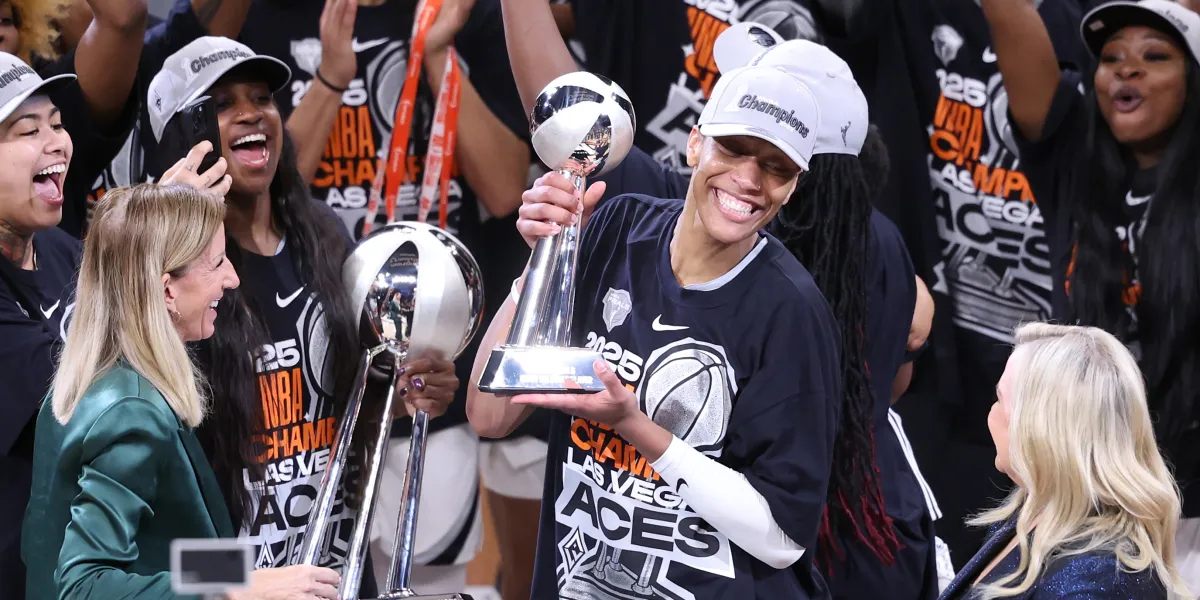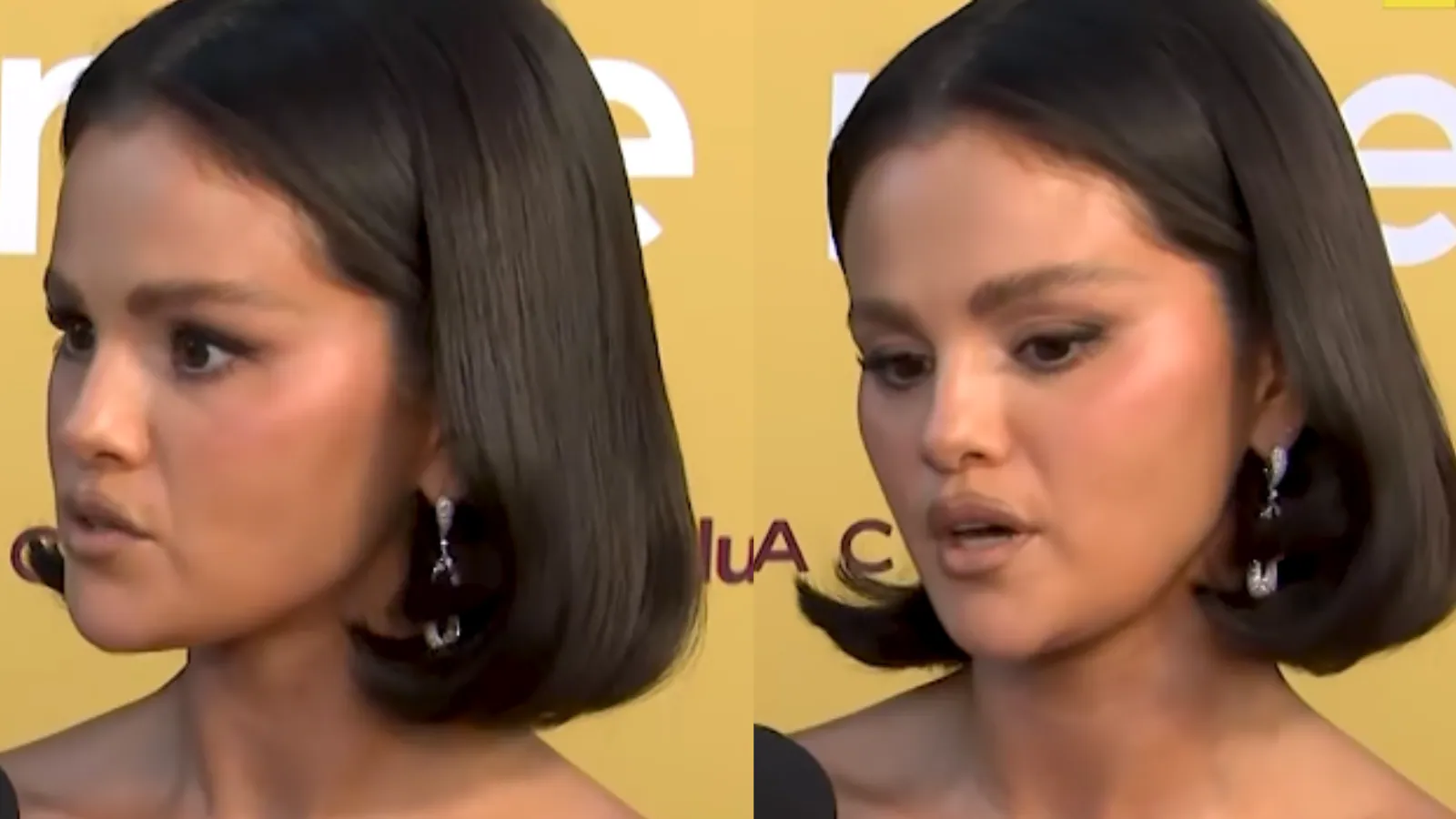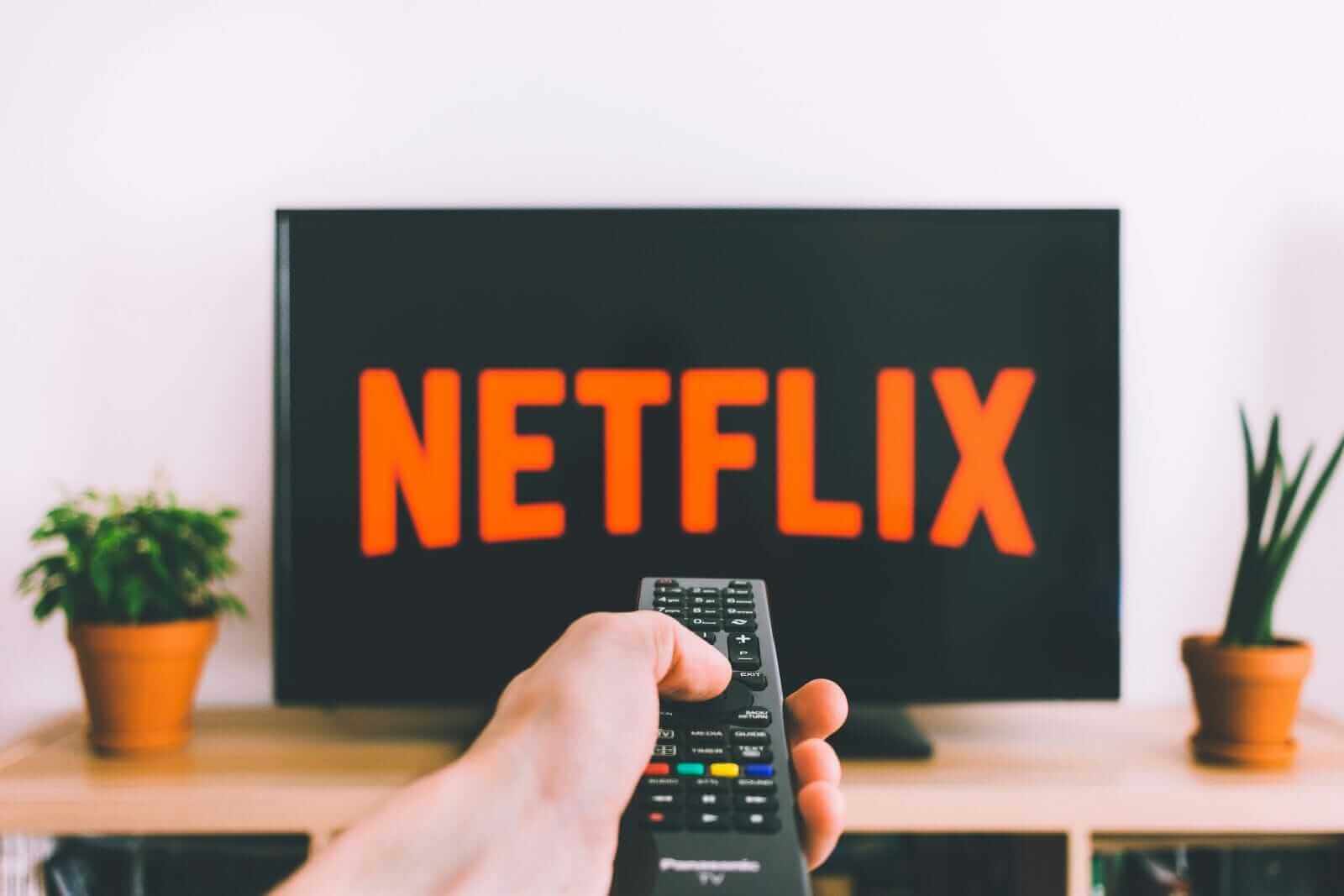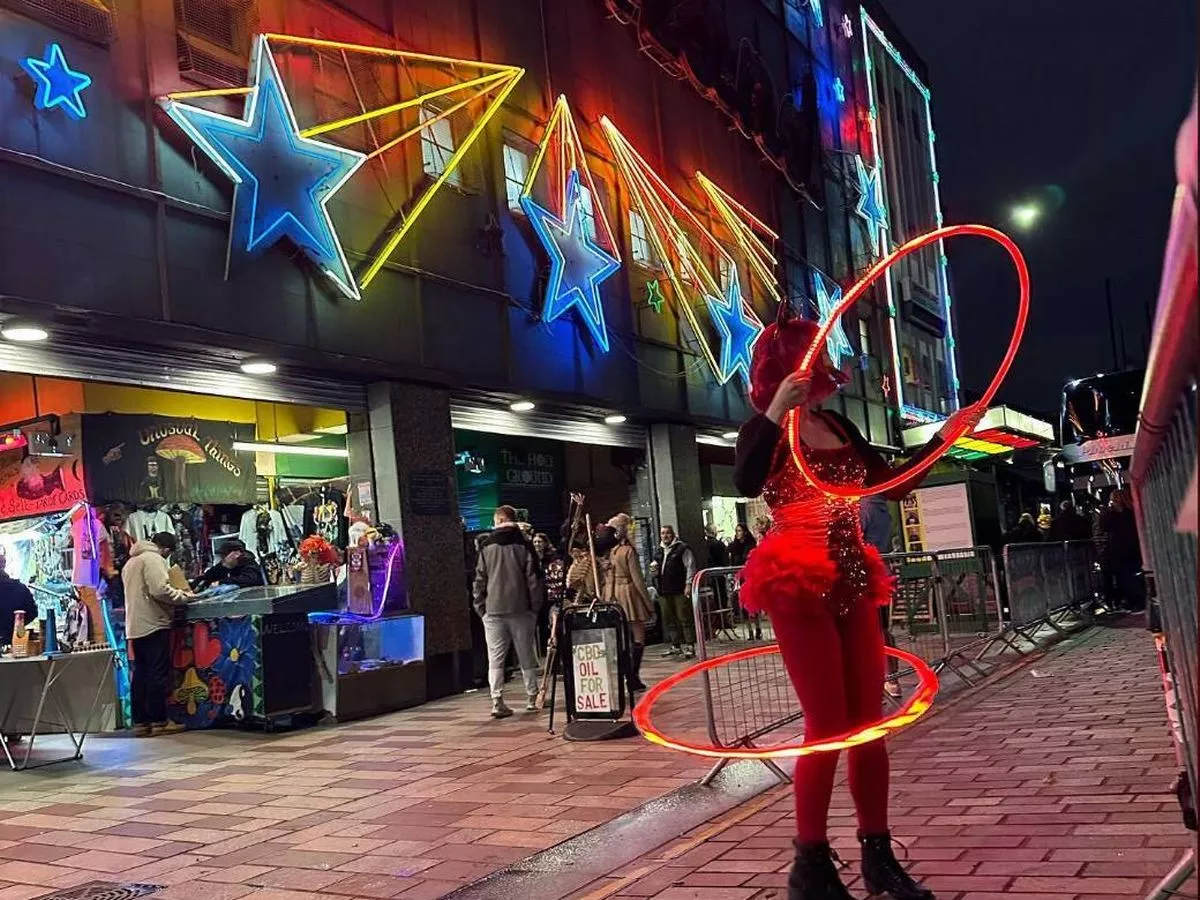Copyright Fortune

And thankfully so, because it seemed as if the league and its players were far apart on key issues that will decide the future of the sport—most significantly, revenue sharing. WNBA players earn low salaries compared to other professional athletes, but they also earn a paltry share of their sport’s overall revenue—about 10% compared to 50% of the NBA’s basketball-related revenue that goes to their male counterparts. WNBA players have been seeking to earn a similar percentage, not a similar dollar amount (the NBA has recently taken in as much as 60 times more annual revenue than the WNBA). It became clear that the two sides were on different pages on this topic earlier this month, when NBA commissioner Adam Silver said that “‘share’ isn’t the right way to look at it” for WNBA players. The league wants to focus on salary increases. It will be a difficult disconnect to address in negotiations. And it followed an especially dramatic period, during which star player Napheesa Collier went after WNBA commissioner Cathy Engelbert in a press conference, sharing conversations the pair had had in private that she found disrespectful. The tense environment brought up a question: if the league and the players’ union can’t reach a deal, what does that mean for the growth of the sport? Earlier this month I had the pleasure of moderating a conversation with WNBA legend Sue Bird, now retired and a co-owner of the Seattle Storm, and Laura Correnti, the founder of Deep Blue Sports and Entertainment, at Nasdaq’s Economic Opportunity Summit. Deep Blue has become one of the biggest behind-the-scenes players in the business of women’s sports, handling the nuts and bolts of bringing commercial investment to the space. That involves working with brands, advertisers, and rights-holders who are entering the women’s basketball space for the first time. It’s not just brands—media rights and teams have new investors involved, too. “There are so many new rights-holders at the table. We’re talking billions of dollars in new money that’s come in in the last 12 to 18 months alone,” Correnti explained. “You have people who they’ve maybe never even been to a WNBA game, and they’re seeing these headlines. It looks like a very volatile, risky investment you just made.” Many brands are in industries that haven’t dealt with their own labor negotiations, and aren’t used to the drama of the CBA process. If they’re new to sports, they might lack some basic familiarity with what can happen next—like a lockout, or the shutdown of a league by owners after failing to reach a deal. Correnti has spent time fielding calls from new investors. “I’ve got clients call me and ask, ‘What’s a lockout?'” she said. “To be able to go back to a client, explain the dynamics and situations, as much as I know as a fan and practitioner. … Those clients have calmed down. We’re going to wait to see how it all shakes out.” Sports is always dramatic, with sensational headlines especially during a contract negotiation—there’s no reason to expect women’s basketball to be any different. The best investors for the future of women’s sports see the long-term opportunity—how much room there is to grow, still, by overhauling the way TV coverage, media buying, and a host of other processes work. Correnti’s favorite example of the big picture is a U.K. study that showed that the average loss for a girl who drops out of sports is £30,000 of economic value in her lifetime. And what causes girls to drop out of sports? Body confidence issues—which are impacted by the very advertisers who are now spending millions in women’s sports, calling with questions about what a lockout means for their sponsorship deals. “I don’t really care about short-term headlines,” says Correnti. “We’re in this for the long haul, and that really requires a maniacal focus on systems.” Emma Hinchliffe emma.hinchliffe@fortune.com The Most Powerful Women Daily newsletter is Fortune’s daily briefing for and about the women leading the business world. Subscribe here. ALSO IN THE HEADLINES Prince Andrew has been stripped of his royal title. After years of calls for it over his close ties to Jeffrey Epstein, King Charles finally took the step. His brother will now be known as Andrew Mountbatten Windsor and will be evicted from the royal mansion he's lived in. CNN The Fortune 500 will get another female CEO. Murphy USA, the chain of gas and convenience stores, named COO Mindy West its next CEO, effective in January. Murphy is No. 231 on the Fortune 500, with $17.9 billion in annual revenue. Barring any other changes, this brings the number of female CEOs in the Fortune 500 up to 53. Bari Weiss's CBS is taking shape. Broader Paramount layoffs included under 100 staffers at CBS. Eight on-air personalities, all women, were let go. There's some reporting that suggests Gayle King's role at the network could be changing. All eyes are on who Weiss will choose to lead CBS Evening News. Supreme Court Justices Elena Kagan and Ketanji Brown Jackson are split. The liberal justices disagree on how to handle the rightward shift of the court and any threat to democratic institutions—whether to try to make a difference internally, or whether to go public. New York Times ON MY RADAR The surgeon general nominee who wants to make MAHA moms mainstream WSJ Gigi Hadid's soft power Puck With demand from women for the hormone surging, Midi Health introduces testosterone therapy CNBC PARTING WORDS "I would suggest it for anyone else who has to pay coaches and GMs millions and millions of dollars."



